Visit or Call Our Sleep Guide Texas Showrooms
Our Texas Showrooms Are Here To Help With All Your Favorite Online Brands! And We Offer Exclusive Coupons To Save More!
Learn MorePlease note, we are proudly supported by our readers. The product links are referral based and if you purchase an item we make a small commission. For more information please see our disclosure page.
Ever wake up with a throbbing headache for no apparent reason? Or has your dentist suggested you invest in an expensive mouth guard to wear at night to protect your teeth? Perhaps your jaw clicks every time you open or close your mouth. Well if any of this sounds like you, then you might be clenching your jaw or grinding your teeth at night while you sleep.
This can cause many potential health problems, like enamel loss, cracked teeth, migraines, and much more. So how do you stop doing something that you are completely asleep whenever you are doing it? In this post we will answer this question and many more.
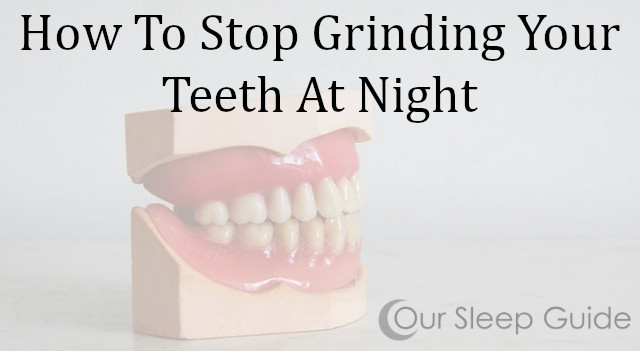
We are going to go over everything you need to know about clenching your jaw and grinding your teeth at night, and many different things you can do to stop grinding your teeth. We will share ways to protect your teeth and jaw with our top favorite mouth guards as well.
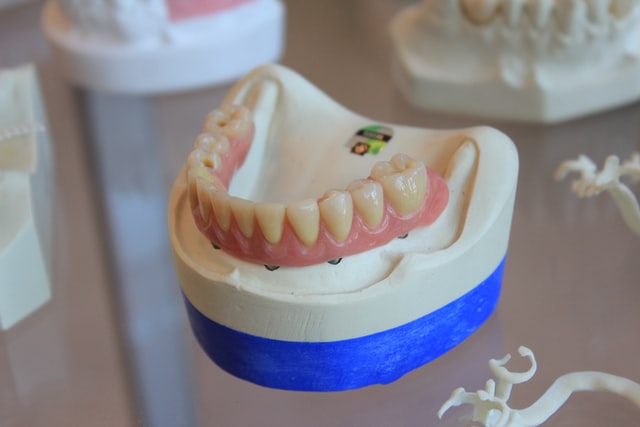
When you have Sleep Bruxism your jaw muscles engage and tense up, causing you to clench, grind, or even chatter your teeth together.
The clenching and grinding tend to be the most dangerous for your overall health and well being as this can cause permanent damage to your teeth.
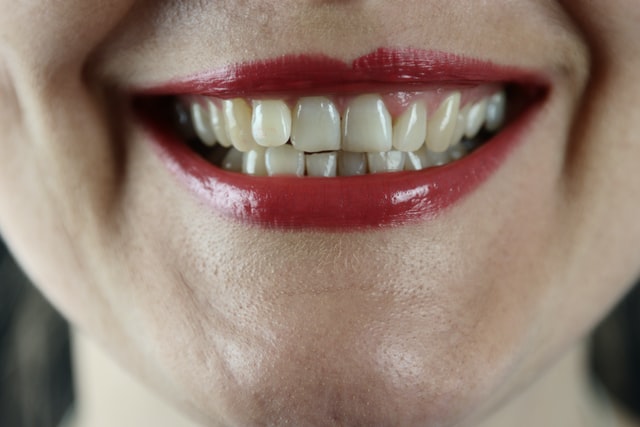
However, there are some thoughts to the reasons as to why we clench our jaws when we sleep. One is that there is a vitamin deficiency causing muscle cramps.
Another common reason as to why we grind our teeth is because of stress. Whenever we are angry, stressed, or nervous, it is common to tighten and clench the muscles in our jaws. It is believed that as we hold onto stress or tension throughout the day this can be transferred into jaw tension while we sleep.
You may be wondering… What actually happens when I grind my teeth? Why is it such a problem? It may not seem like something to worry about. However, clenching and grinding your teeth at night can lead to a number of different health issues. Keep reading to learn more.
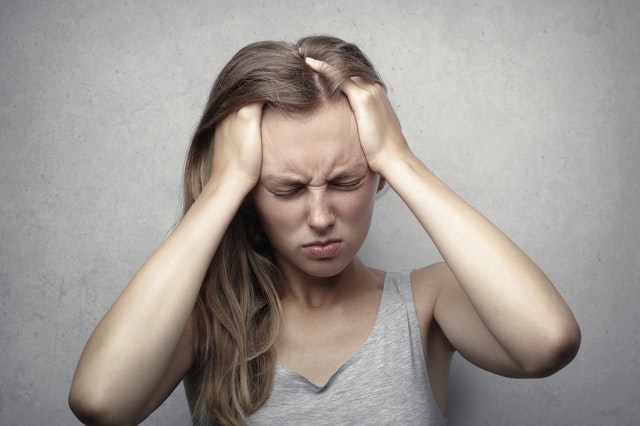
These headaches typically start around your temples but can also go up your neck and cause your entire head to hurt. If you are waking up with these headaches try to massage your jaw, temples, and the back of your neck for relief.
Learn more about headaches and how to sleep better with them in our post: Headaches & Sleep
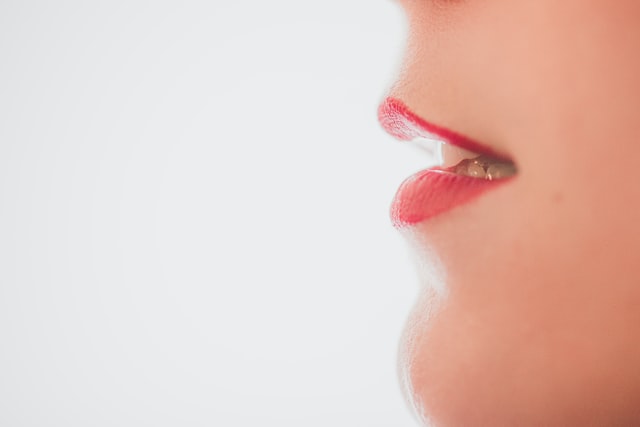
Then there is TMJ (Temporomandibular joint dysfunction) this is when the joint in your jaw is inflamed. Which can cause a clicking or popping sound or sensation whenever you open and close your jaw. If clenching and grinding your teeth continues, these symptoms can all increase and become much worse. Making it difficult to even eat normally or without discomfort.
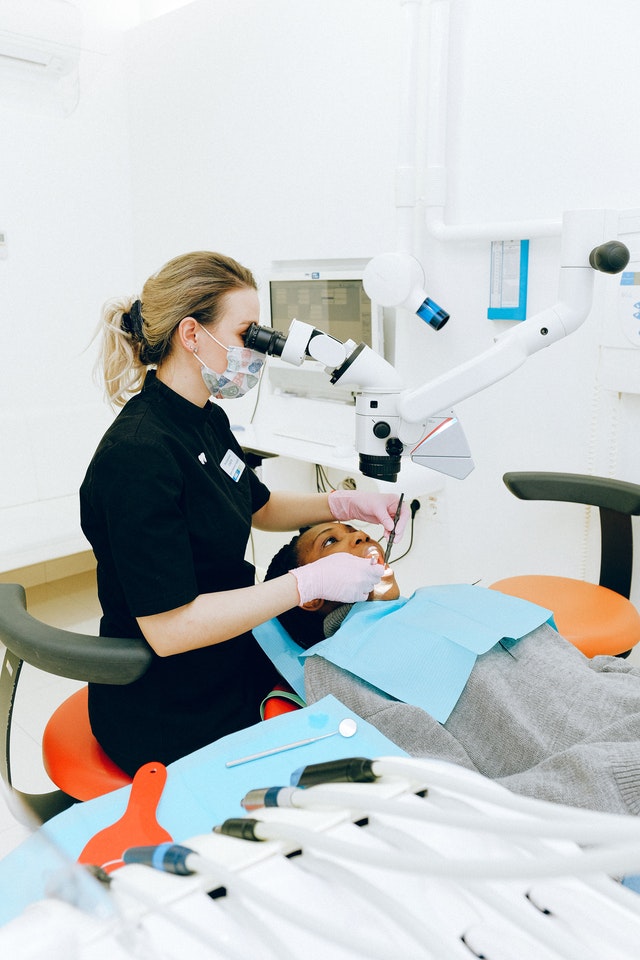
You are also exposing your teeth to collecting food and bacteria which can quickly lead to cavities. This can be a slippery slope that can lead to many other more serious problems with your teeth, which we will get into next.
In extreme conditions and prolonged teeth grinding and jaw clenching, your teeth may reach a very bad place. Perfectly healthy teeth can literally crack from the pressure caused by teeth clenching.
While teeth grinding can literally grind down your teeth and shorten the tooth overall, this is not just a cosmetic issue, this can reveal lower layers of the tooth, expose nerves, and can eventually cause issues that will lead to complete tooth loss. Sever cavities are also common is extreme cases like this which can also lead to tooth loss.
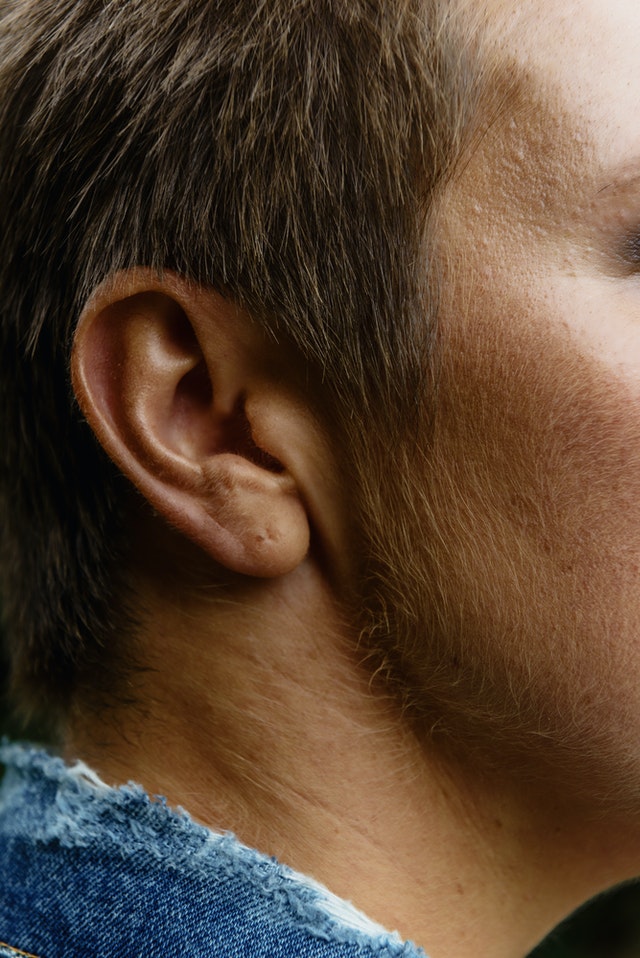
This is because your pain is not being caused by an inner ear infection, but rather the pressure in your jaw.
This often coincides with migraines and headaches that are also caused by teeth grinding.
Another unfortunate side effect of teeth clenching is when you end up chewing or biting the insides of your cheeks. This can cause cuts, open sores, cold sores, and general pain and discomfort.
You may also find that as soon as you have an inflamed section of your cheek it can become difficult to chew without accidentally biting that part of your cheek again. Talk about painful.
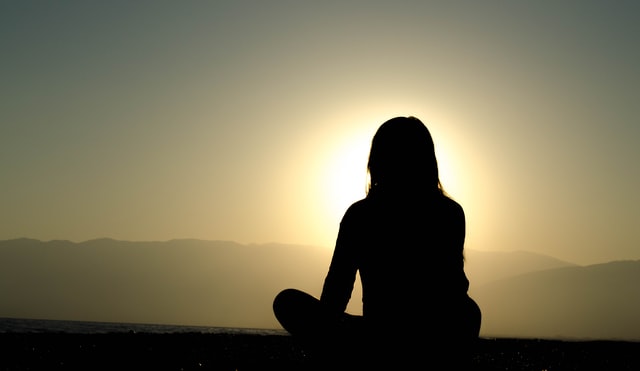
This is especially important to do right before you go to sleep. Find ways to breath, let go of the stress, anger, or anxiety. Try not to even watch any stressful TV shows or read anything stressful in the evenings either. Relaxation is key to low tension in the body.
Need a little help calming down before bed? Head over to our post: Bedtime Relaxation Exercises
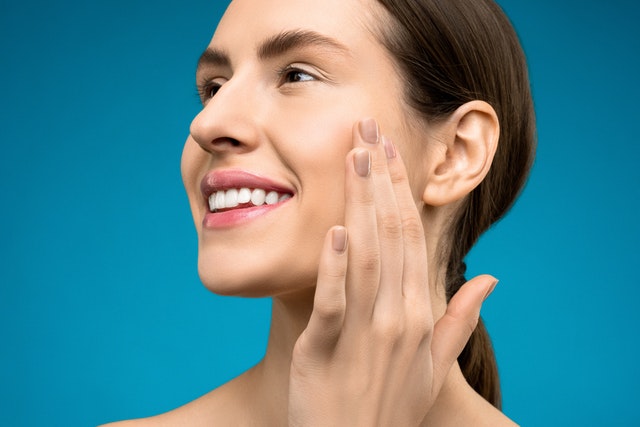
You can also you massage the muscles around the jaw before you go to sleep and whenever you wake up. This will help your jaw to relax and can ease pain caused by clenched jaw muscles.
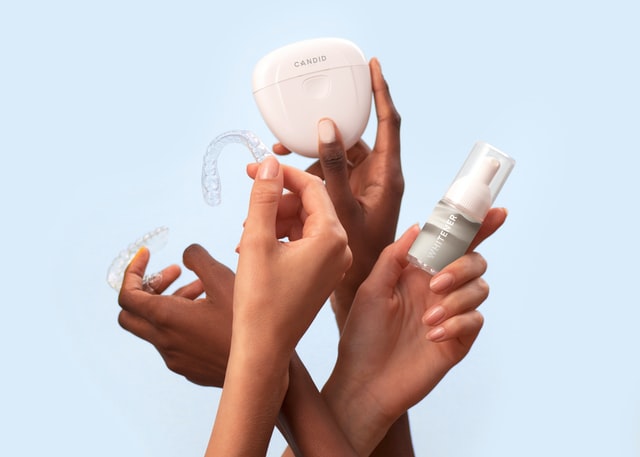
However, it is often found that those who wear a mouth guard while they sleep are less likely to continue clenching their jaws or grinding their teeth while they sleep.
Which is not only helpful for protecting the health of your teeth, but also helps to reduce headaches, ear aches, and other pain related to jaw clenching.
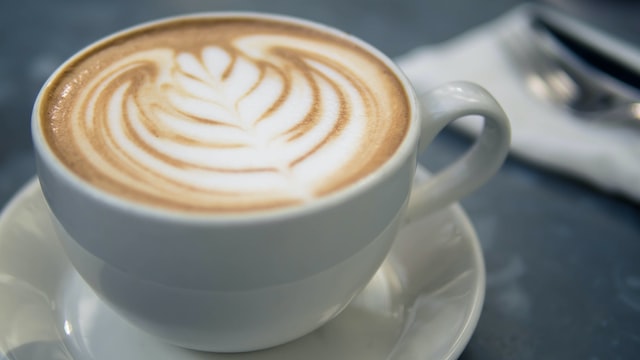
One way to avoid this and have your body be more relaxed is by avoiding stimulants like caffeine in the evenings.
We suggest not having caffeine at least 4 – 6 hours before you plan on going to sleep. This gives your body enough time to process the caffeine completely before heading off to sleep.
Need help cutting out caffeine? Considering dropping it completely? Head over to our post: Caffeine Free: The Benefits of Quitting Caffeine
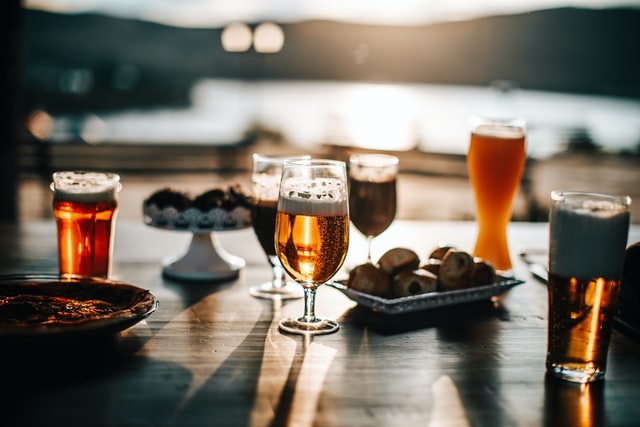
This is caused by a number of reactions to alcohol. However, as you struggle to rest your body attempts to self soothe, either by tossing and turning, rubbing legs together, or sometimes by clenching or grinding teeth.
Click to read our post: Our Guide To Why Alcohol and Sleep Don’t Mix
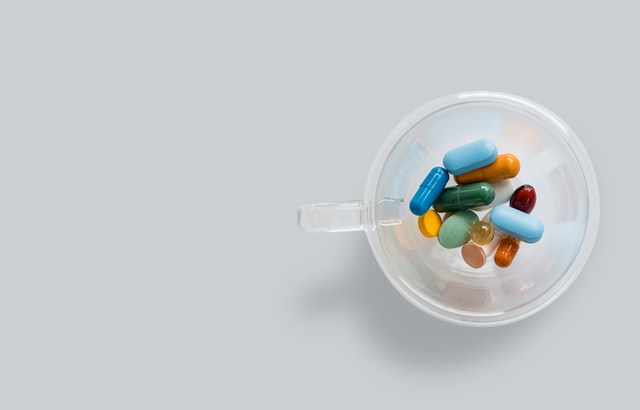
The blood test will help determine if there is anything specific you are lacking from your diet that can be added back in.
Learn more about how vitamin d effects your sleep in our post: Vitamin D And Sleep

This sensation causes chemical reactions in your brain that cause you and your body to relax and calm down. This can help to relieve and even prevent jaw clenching throughout the night.
Learn more about weighted blankets and their many uses in our post: Weighted Blanket Benefits
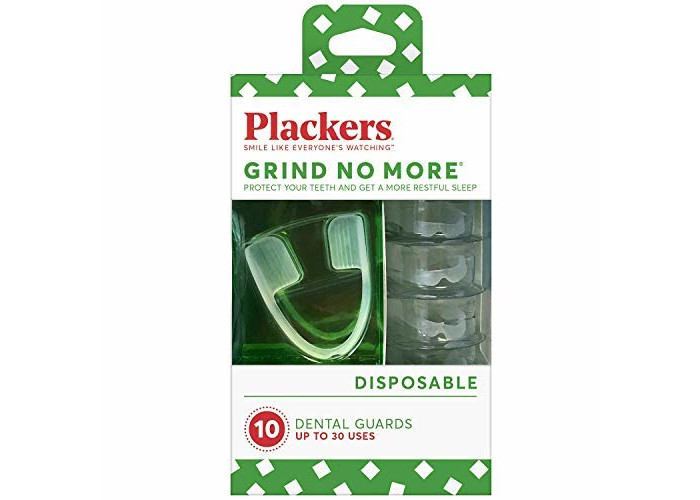
Shop the Plackers Grind No More Here!
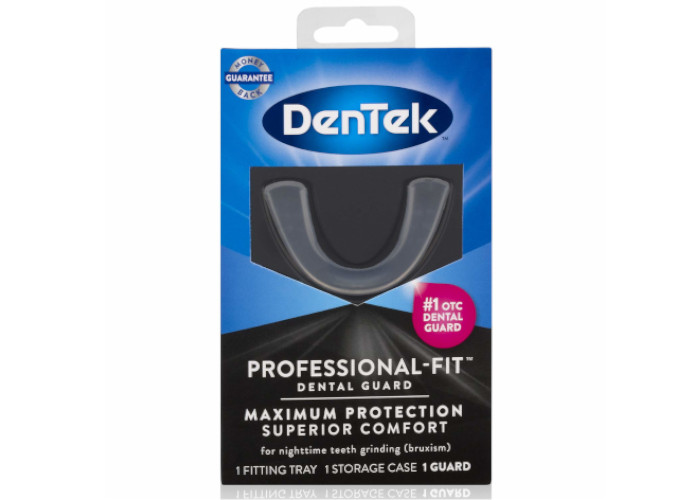
Click HERE to shop the Den-Tek Professional Fit Dental Guard
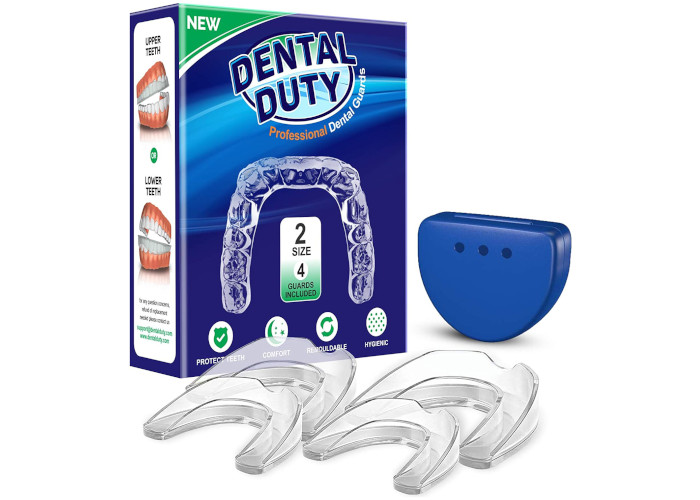
Click HERE to shop Dental Duty now!
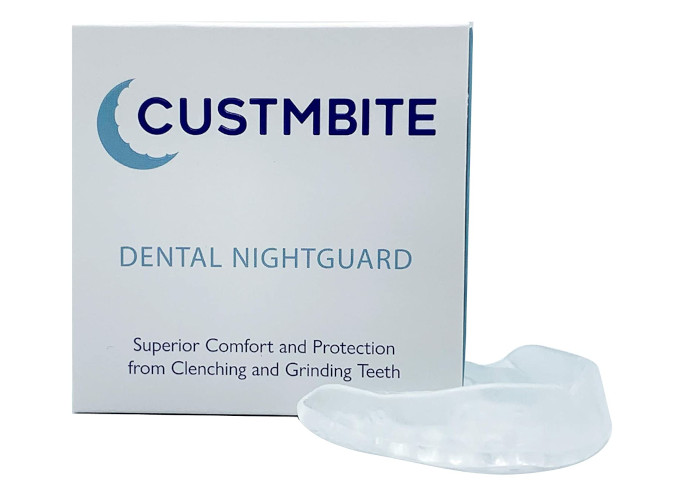
Shop the CustMBite Mouth Guard HERE!
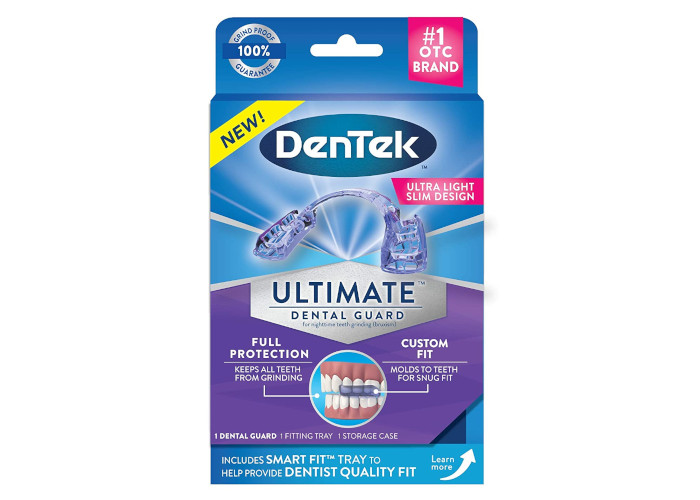
Click HERE to shop DenTek Ultimate Dental Guard
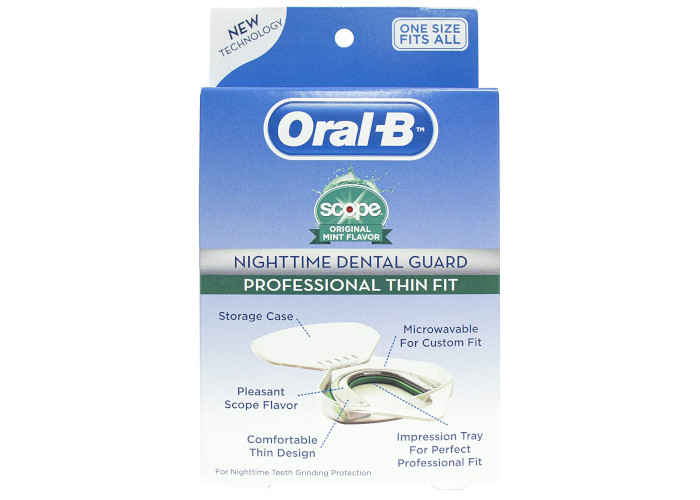
Shop the Oral-B Dental Guard Here!
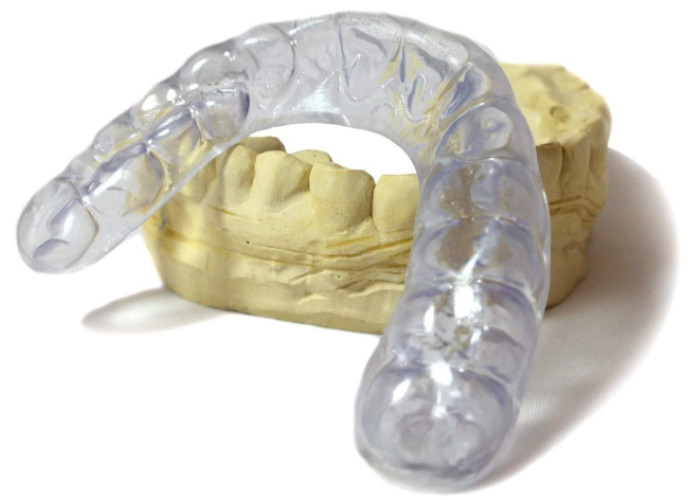
Click HERE to shop the JS Dental Lab Dental Guard Now!
Stress is the most common cause for teeth grinding. However, even when we think we are relaxed we often clench or grind our teeth while we sleep. There are many ways to try and relax the jaw. The best way to keep your teeth safe from the many damaging effects of Bruxism is with a mouth guard. Not only will this protect your teeth if you do indeed clench your jaw or grind you teeth as you sleep.
A mouth guard can also lower the amount in which you clench your teeth all together. Which is even better of a solution. We hope this information, tips and product recommendations helps you to get relief quickly. If you are concerned you have a problem with clenching your jaw or grinding your teeth we highly recommend you talk to your dentist.
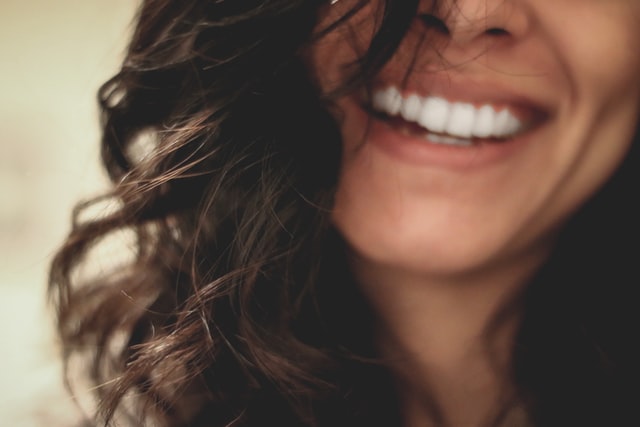
Our Texas Showrooms Are Here To Help With All Your Favorite Online Brands! And We Offer Exclusive Coupons To Save More!
Learn More